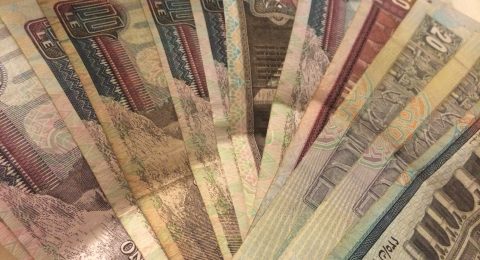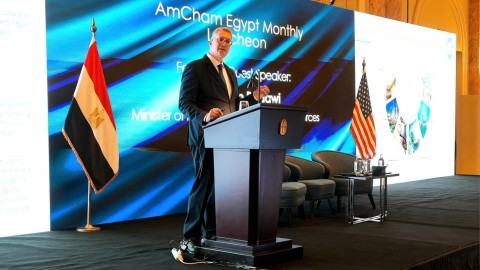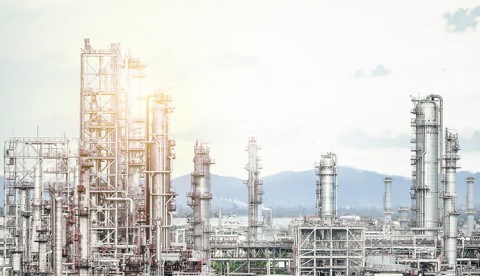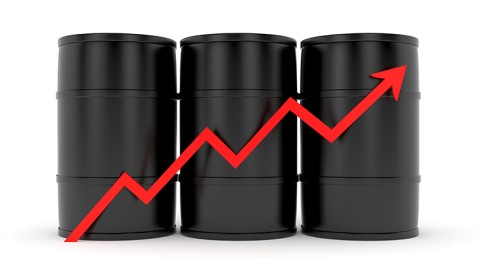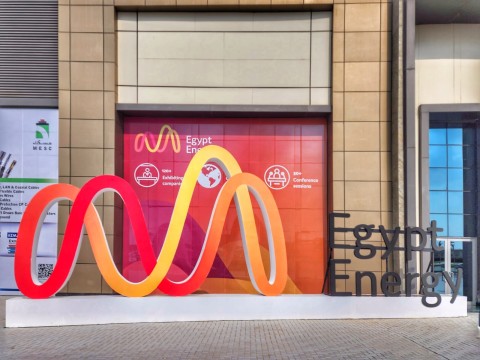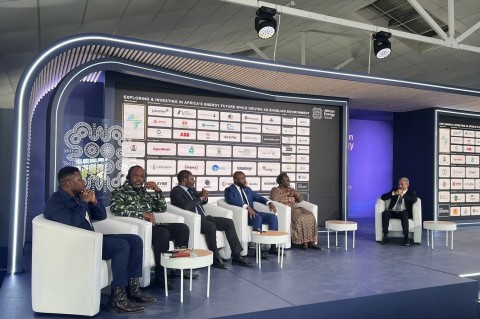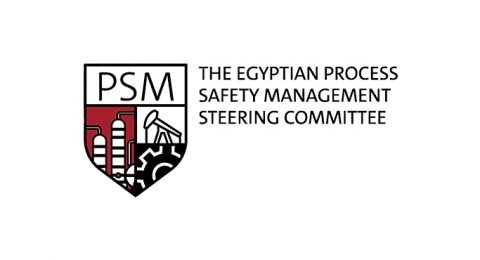The world has been going through tumbles in the past few years, which affected many economies and countries. However, in the past few years, Egypt has been standing tall and facing global turbulence thanks to the comprehensive economic reforms implemented by the Egyptian state under the leadership of President Abdel Fattah El-Sisi. The reforms helped Egypt lead a successful journey across different sectors, especially in petrochemicals, which is a vital player in the Egyptian oil and gas industry.
Petrochemicals Progress
The petrochemical industry has witnessed remarkable progress during the last eight years, as the country strives to develop petrochemicals to increase the added value of products and enjoy a prosperous economy.
The two largest projects in the petrochemical industry were operated with a total investment of about EGP 72 billion.
One of the two projects implemented in the petrochemicals sector is the expansion of Misr Fertilizers Production Company (MOPCO) projects in Damietta. The expansion project of MOPCO was completed in 2016. The project’s target is to boost production capacity to 1.4 mmt/y of urea. The expansion project’s investment cost recorded $2 billion and it helped the economy by providing 5,000 job opportunities.
The second project is the Ethylene and its Derivatives Complex at Ethydco in Alexandria, which represents an addition to the national economy. The complex was launched in 2016 with a production capacity of 460,000 tons per year (t/y) of ethylene, 20,000 t/y of polybutadiene, and 400,000 t/y of polyethylene. The Ethydco project supported the Egyptian economy as it provided about 10,000 job opportunities.
Promising Future
Yet, Egypt’s efforts do not stop at the two projects. The north African country is currently implementing three new industrial projects for petrochemicals with a total investment of around EGP 126 billion.
In order to further develop the petrochemicals industry, Egypt is also studying the project of the Red Sea Petrochemical Complex to be implemented in the (SCZONE) as it aims to establish a petrochemical complex within the framework of the state’s plan to develop the economic zone and to produce about 2.7 million tons of petrochemical products annually, in addition to 535,000 tons of petroleum products per year. The investment cost of the complex is estimated at approximately $7.5 billion.
Moreover, Egypt is reviewing the medium-density fiberboard(MDF) construction project, which aims to produce 205,000 cubic meters annually of medium-density wood boards using rice straw, with investments of €284 million, equivalent to EGP 5.5 billion.
Additionally, a project to produce methanol derivatives is being studied to produce 87,000 tons of urea-formaldehyde per year, and 52,000 tons of sulfonated naphthalene formaldehyde (SNF) per year. The project’s investments are $119 million.
Energy Transition, Emissions Reduction
The energy transition and the reduction of emissions are a major part of the petroleum sector strategy, and the sector has taken the initiative to adopt a vision and plan to work on shifting to low-carbon sources of energy and decarbonization according to key axes that include carbon removal, as well as studying the implementation of several petrochemical projects aimed at preserving the environment, and exploiting hydrogen.
In September 2021, Egypt and Japan signed a blue ammonia production memorandum of understanding (MoU) between the Egyptian Natural Gas Holding Company (EGAS), the Egyptian Petrochemicals Holding Company (ECHEM), and Toyota Tsusho Corporation. The project aims at extracting and storing carbon dioxide to produce blue ammonia using the latest Japanese technologies.
Egypt has yet to take many steps in the petrochemical industry to cope with the future. However, the journey so far proves the petrochemical sector’s readiness to face global challenges and support sustainable development.

